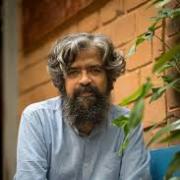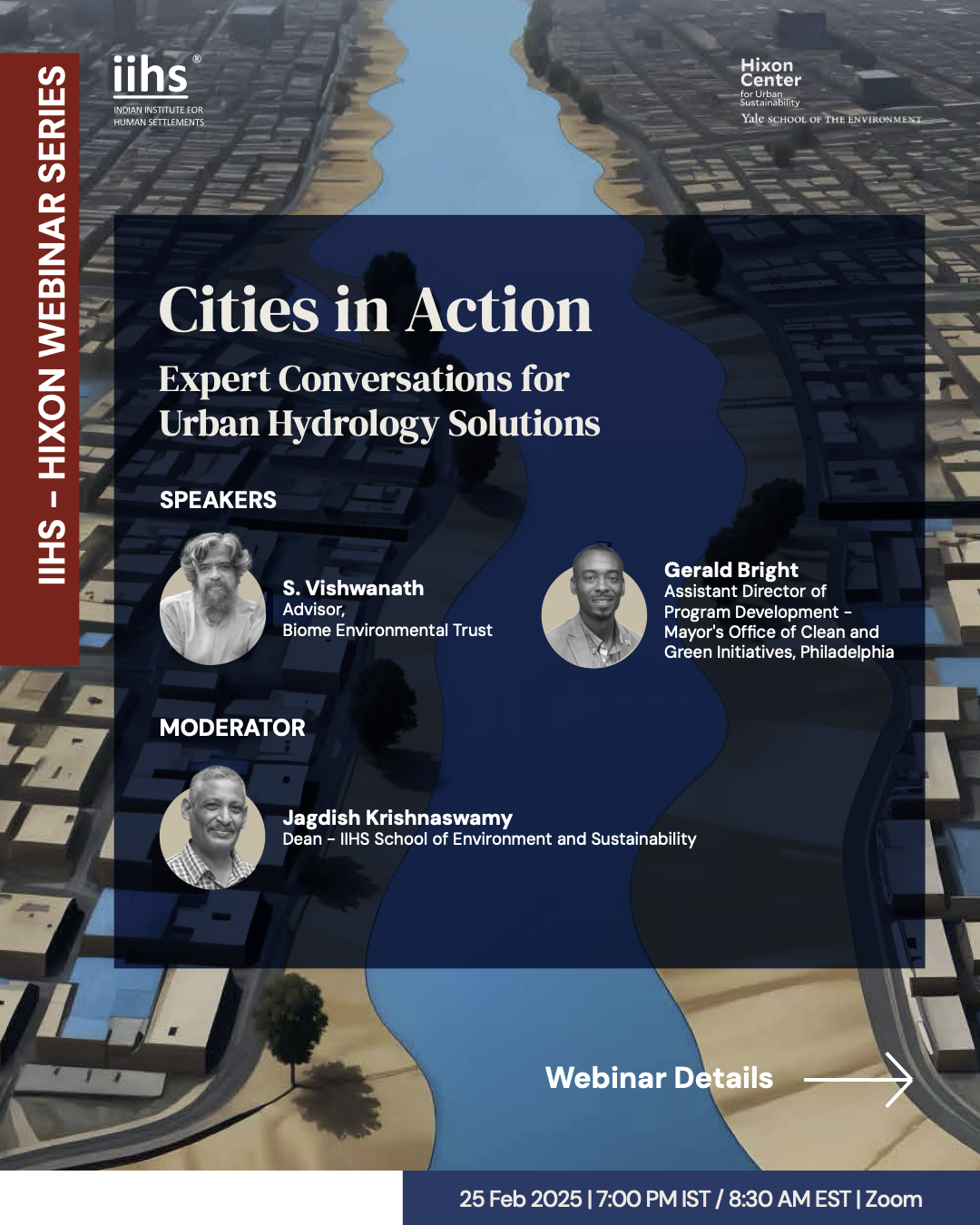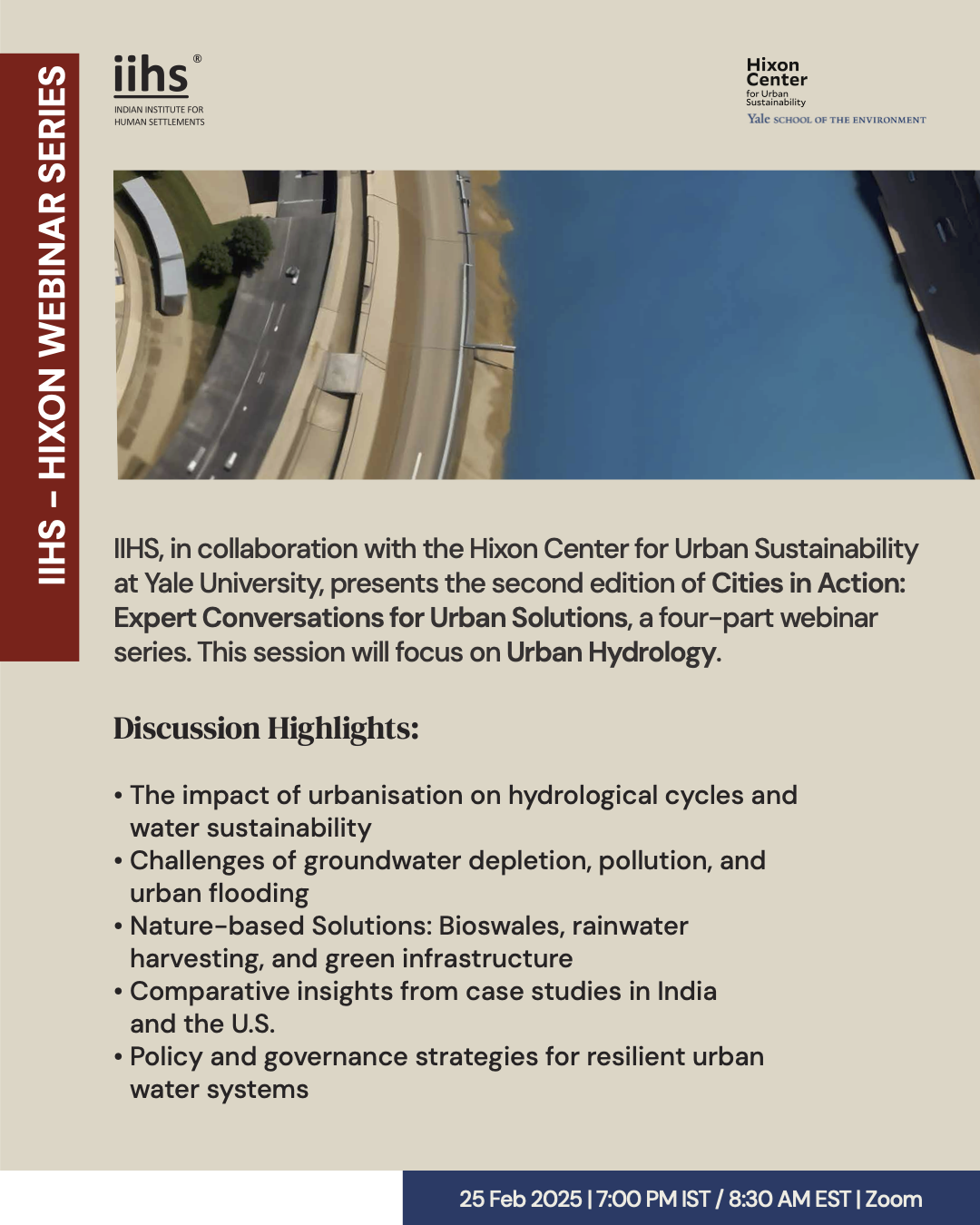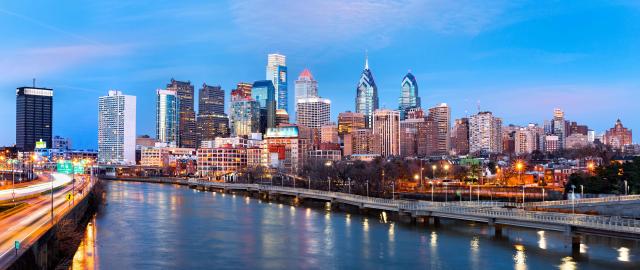Cities in Action: Expert Conversations for Urban Hydrology Solutions
Speaker Information
Jagdish Krishnaswamy is the Dean, School of Environment and Sustainability (SES) at IIHS. He has a BTech in Civil Engineering from the Indian Institute of Technology (IIT) Bombay, and an MS in Statistics and Decision Sciences and PhD in Environmental Science with a focus on soils and hydrologic science from Duke University, North Carolina, USA.
As the Dean of SES, Jagdish leads the build-out of the School, providing strategic direction and operational guidance to expand its academic footprint, research activities and network, practice portfolio, and capacity-building initiatives. Jagdish helps in the development of the IIHS Kengeri campus and its environs as India’s first Long-Term Urban Ecological Observatory (LTUEO) and strengthen IIHS’s profile in ecology and conservation science.
Jagdish’s research has spanned the entire continuum from the semi-wild to the urban covering USA, Costa Rica, Africa, and India in ecohydrology, landscape ecology and biodiversity. His work on conservation science and planning led to the nomination of the Western Ghats biodiversity hotspot as a UNESCO World Heritage Site besides informing the investment of the Critical Ecosystem Partnership Fund (CEPF) civil society-led pilot projects. His work in ecohydrology, impact of invasive species and ecological flows in rivers has influenced policy and management at the state and centre. He is part of the team that released a report for policymakers on state of the art on ecological restoration in India as well the first ever mapping of priority sites for both biodiversity and ecosystem service both sponsored by the Government of India’s Mission on Biodiversity and Human wellbeing.
Jagdish’s work in climate science and impact of extreme rain and warming on ecosystems across India using both, densely gauged catchments and remote sensing time-series data as well as his policy relevant work in conservation planning led to his nomination for the scoping and design of the IPCC Special Report on Land and Climate. He was soon nominated as coordinating lead author for the synthesis chapter of this special IPCC report on land and climate, besides contributing as an author to several parts of the entire report and negotiating it acceptance at the plenary with governments. In 2022, he was part of the team of IPCC authors who crafted and wrote the three volume Summary for Urban Policymakers, a synthesis of the urban relevant parts of all the IPCC AR6 cycle reports. In Bengaluru, his work on the LTUEO, the first of its kind for a mega-city in the Global South includes research, practice and training that connects food, water, ecology and biodiversity in an urbanising context.
Jagdish has supervised five PhD and over 10 master’s students. Jagdish serves on the editorial board of three interdisciplinary journals Urbanisation, Ecology, Economy and Society and Water Security and on the Board of Trustees of the MS Swaminathan Research Foundation, Chennai, India.

Speaker Information
S. Vishwanath is a Civil Engineer and an Urban Planner.
He has 38 years of experience in the water, waste-water and sanitation sector helping design rainwater harvesting, aquifer recharge, wastewater recycling and ecosan systems.
He is a visiting faculty and teaches a course on the theme – “Water” at the Azim Premji University, Bengaluru, India.
He is a Trustee with the Biome Environmental Trust.
He is a technical committee member with the Bangalore Water Supply and Sewerage Board, the Rural Development Engineering Department Government of Karnataka for the Jal Jeevan Mission scheme.

Speaker Information
Gerald W. Bright Jr. (MESc. 2008) is a West Philadelphia native and proud civil servant. In his first 16 years of service with the Philadelphia Water Department, he worked in various roles including researcher, project manager, and public educator. His most notable contribution was spearheading the creation of the Green Stormwater Operations Unit. In August of 2024 he began his current role as Assistant Director of the Mayor’s Office of Clean and Green Initiatives, where he coordinates operations for ongoing citywide cleaning and beautification programs. This work is aimed at addressing chronic quality of life issues while also initiating greening efforts for healthier ecosystems in residential neighborhoods and commercial corridors.

IIHS, in collaboration with the Hixon Center for Urban Sustainability, Yale University has launched, 'Cities in Action: Expert Conversations for Urban Solutions', a four-part webinar series. In the second edition, focusing on Urban Hydrology, we will have have Jagdish Krishnaswamy, Dean, IIHS School of Environment and Sustainability (SES) to moderate the conversation between S. Vishwanath, Advisor, Biome Environmental Trust; and Gerald Bright, Assistant Director of Program Development - Mayor's Office of Clean and Green Initiatives, Philadelphia.
In this webinar, experts will explore comparative approaches to developing sustainable water systems in cities – now home to over 50% of the global population. Urban areas often have a large water footprint, relying on distant rivers and reservoirs, and groundwater extraction threatens the sustainability of increasingly depleted and sometimes contaminated aquifers. Furthermore, local hydrological processes are significantly altered by impermeable surfaces, loss of green spaces, and infrastructure. These changes make cities vulnerable to rapid runoff and flooding during extreme weather events, which have intensified with climate change and sea-level rise. The risk of polluted runoff exacerbates threats to human and ecosystem health.
As these challenges mount, there has never been a greater need for effective solutions. However, cities are also hubs of innovation, with nature-based solutions like bioswales on the rise alongside strategies for wastewater recycling and rainwater harvesting. The science shows that blue and green infrastructure not only support water security and reduce flood risks, but also mitigate heat stress and provide quality of life improvements. This webinar will investigate challenges and opportunities in urban water management across biophysical, ecological, and socioeconomic dimensions, with experts sharing actionable insights from case studies in U.S. and Indian cities.



